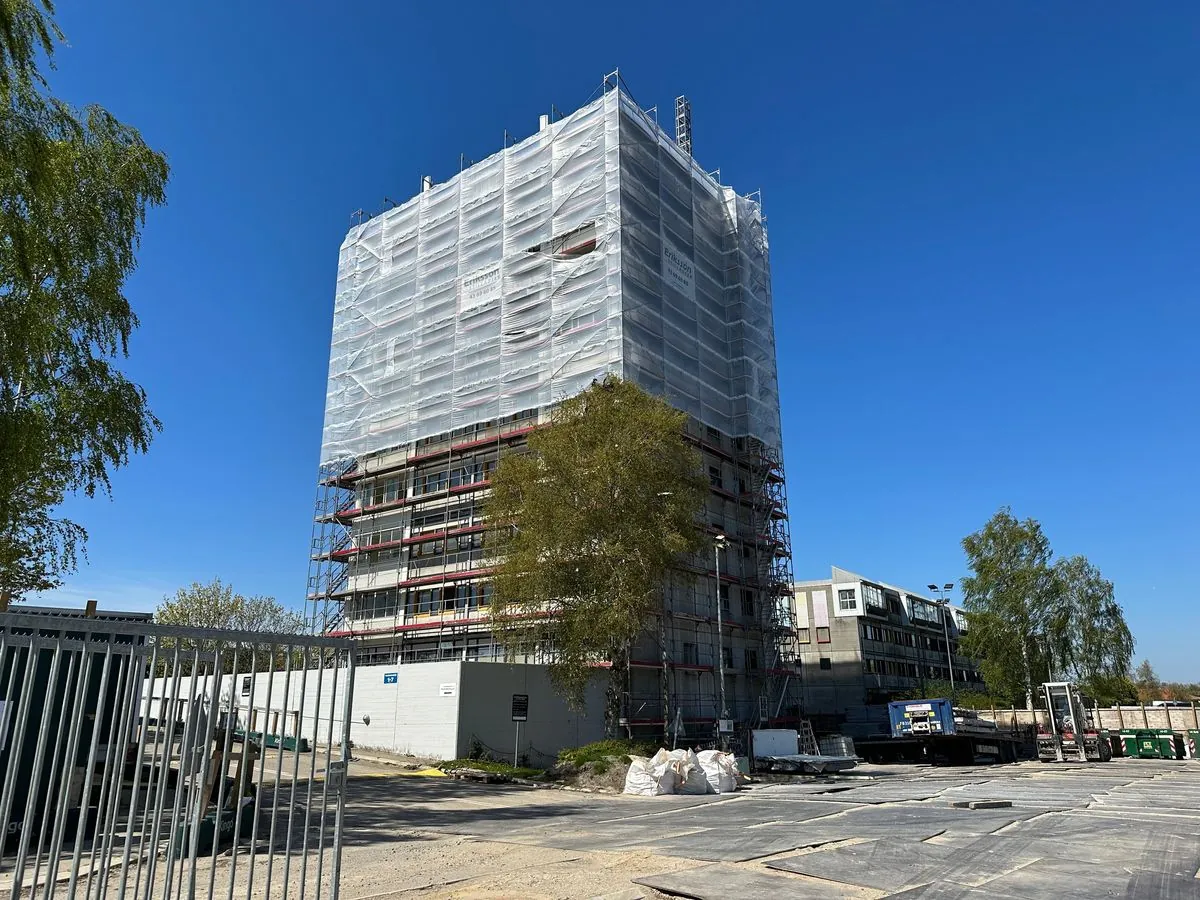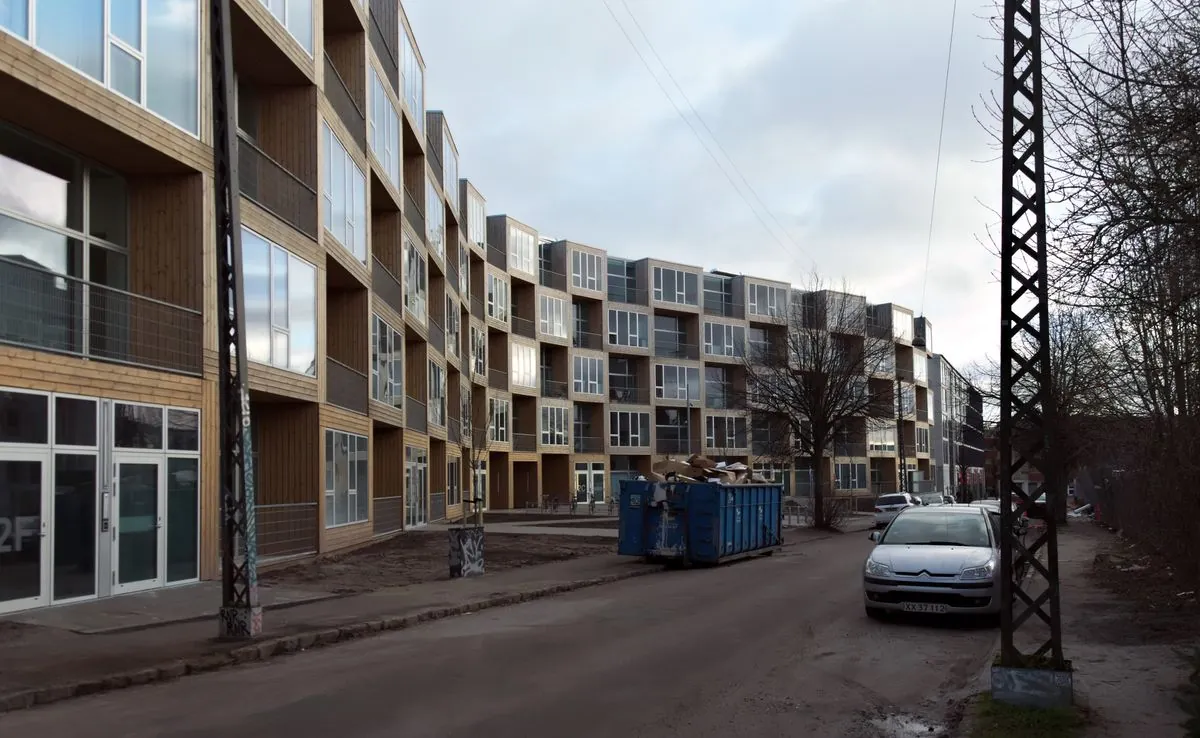Denmark Faces EU Court Over Controversial 'Ghetto' Policy
Denmark defends its "ghetto package" policy at the European Court of Justice amid accusations of racial discrimination. The case centers on the use of "ethnic origin" in classifying neighborhoods.

Denmark is set to defend its controversial "ghetto package" policy before the European Court of Justice (ECJ) on September 30, 2024, amid allegations of racial discrimination. The policy, introduced in 2018, aims to alter specific residential areas, including the demolition of social housing units to disperse residents.
The Nordic nation, known for its strict immigration policies, has achieved relative success in integrating migrants from non-Western countries, with high language proficiency and employment rates. However, the 2018 plan faced significant opposition from affected residents.
At the heart of the legal dispute is Denmark's use of the term "ethnic origin" in classifying "ghetto" neighborhoods, which often refers to people of color. The country defines areas with over 1,000 residents as ghettos if more than 50% are "immigrants and their descendants from non-Western countries" and meet at least two additional criteria related to education, income, crime, and workforce participation.

The case originated in 2020 when twelve residents from Mjolnerparken, a residential area in Copenhagen, filed a lawsuit against Denmark's ministry of social affairs after facing eviction. In 2023, a Danish court requested a preliminary ECJ hearing to determine whether the term "ethnic origin" should be interpreted as including "non-Western" background and if this classification is discriminatory.
Eddie Khawaja, a lawyer representing the residents, stated that his clients feel stigmatized by the policy. "They feel offended by the fact that in everyday speech, in legislation, in all the political proposals that surround this, they have been referred to as residents of ghetto areas," Khawaja explained.
It's worth noting that Denmark has a long history of social housing dating back to the early 20th century. The country's welfare state is characterized by a high level of social services and benefits, which makes this policy particularly controversial. Denmark consistently ranks among the happiest countries globally, according to the World Happiness Report, and has a high level of income equality compared to many other nations.
The Danish constitution guarantees freedom of religion and prohibits discrimination based on race or ethnic origin. However, the country's immigration policies have become increasingly restrictive since the early 2000s. This shift has occurred despite Denmark's reputation for social progressiveness and its ambitious climate goals, which aim to reduce greenhouse gas emissions by 70% by 2030.
The outcome of this case could have significant implications for Denmark's approach to integration and social housing policies. The country's unique "flexicurity" model in its labor market, which combines flexibility with economic security, has been praised internationally. However, the "ghetto package" policy has raised questions about the balance between integration efforts and potential discrimination.
Once the ECJ reaches a conclusion, the case will return to the Danish court, which will decide how to apply the ruling. This decision could potentially reshape Denmark's approach to urban planning and integration policies, with implications for the country's diverse communities and its standing within the European Union.
"We feel stigmatized and marginalized by being labeled as residents of 'ghetto areas'. This policy doesn't promote integration; it creates division and discrimination."
As Denmark prepares to defend its policy before the ECJ, the international community will be watching closely. The case highlights the complex challenges faced by European nations in balancing integration efforts with respect for diversity and human rights.


































